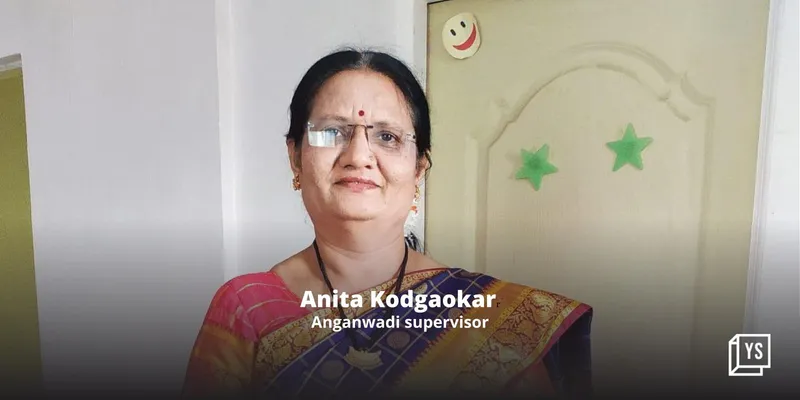From recycling plastic into garments to working with marginalised communities; top SocialStories this week
This week, we passed over the topics of making train journeys inclusive and sustainability to chatting with two young authors on their new book.
This week, SocialStory spoke to multiple individuals who in their own space and ways are trying to make a difference in the world.
Twenty-two-year-old designer Sara Lakhani is recycling plastic to create garments and thereby reducing the amount of plastics going into the landfill.
Anganwadi superwisor Anita Kodgaokar shared on how she is working with children of marginalised communities, especially migrants, in helping them with development in health and nutrition.
This is how a 22-year-old uses plastic to create recycled garments
Plastic has been an integral part of human life and as much as we try, it can be difficult to eliminate it from our everyday life. With the intent to shorten single-use plastic’s journey to the landfill, Sara Lakhani, a 22-year-old designer, came up with a unique concept. With nature at its core, her collection is based on recycling and upcycling waste in both textile and plastic.

This concept brought her all the way to the ramp walks of Lakme Fashion Week this year, where she presented her collection entitled Trash or Treasure.
“The inspiration comes from the simple and complex details of nature around us. The collection is for the conscious consumer,” Sara tells SocialStory.
The challenges I face while working among the marginalised communities
This week in Survivor Series, Anita Kodgaokar shares her story of working with children of marginalised communities, especially migrants.

My name is Anita Kodgaokar and I am an Anganwadi supervisor. I start my day at 9 am every morning and reach nearby Anganwadi to review the situation about newborns and expecting mothers.
I ensure to reach out to the migrants, farm laborers, and sugarcane cutting communities to talk to them about child care. I pay special attention to those children who are born malnourished and whose parents cannot afford to keep them in incubators.
I face lots of challenges working among the marginalised communities. Daily work is the priority for parents to sustain on a day-to-day basis. Therefore, they leave infants behind with their grandparents or elder siblings who cannot take care sometimes.
Meet two debutant female writers who created a living record of the pandemic’s impact on people
The COVID-19 pandemic taught us to be resilient, compassionate, empathetic, tolerant and understanding. Delving deep into how it affected various people across industries are friends Surabhi Sundaram and Divita Aggarwal.

They are among India's youngest female authors, who created a living record of the global pandemic in their book, ‘A World On Hold’ during the pandemic. The duo realised early on that data has its place in understanding the pandemic, but doesn’t always reveal the whole story. Each of us lived through the same global crisis, but experienced it differently.
How Indian railways is making train travel more accessible for the disabled and the elderly
From steam trains to superfast express, Indian Railways has covered 177 glorious years of serving the commons. Currently, the network is the fourth largest railway system in the world, with 7,325 stations across the four corners of the country.

Keeping in mind the requirements of the “Divyangjans”, the Ministry of Railways launched the ‘Sugamya Bharat Abhiyan’ (Accessible India Campaign) in 2015 to provide them with convenient and barrier-free transportation across the railway network.
Differently-abled and elderly citizens encounter plenty of difficulties while boarding trains, travelling long distances, and disembarking. Crossing footbridges in stations with multiple platforms need assistance, and getting on trains holding the sidebars has been a challenge. In many cases, platforms are at lower levels and require stepping up the footboards of equal sizes.






